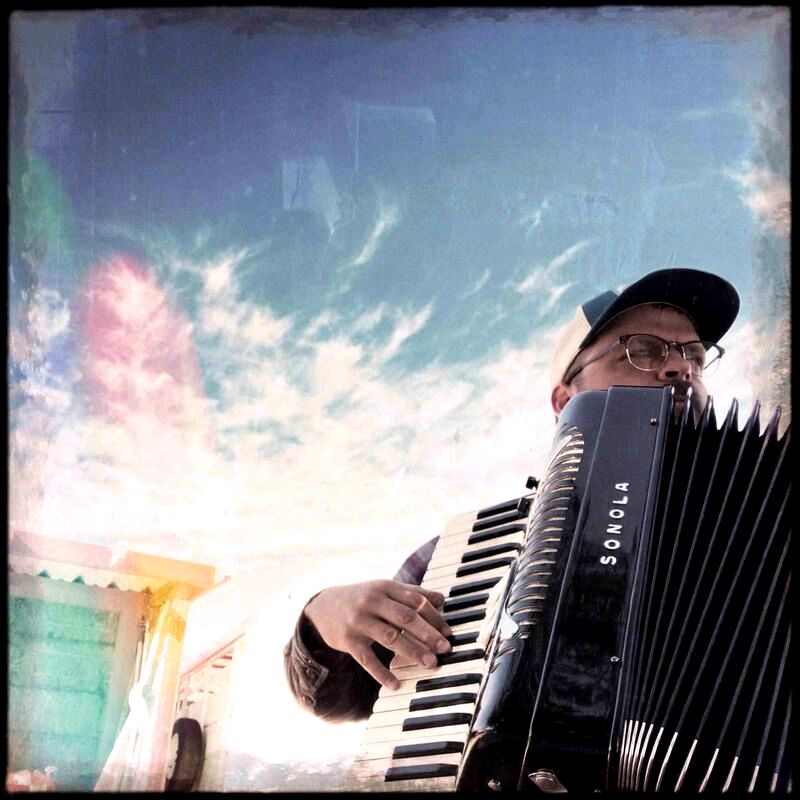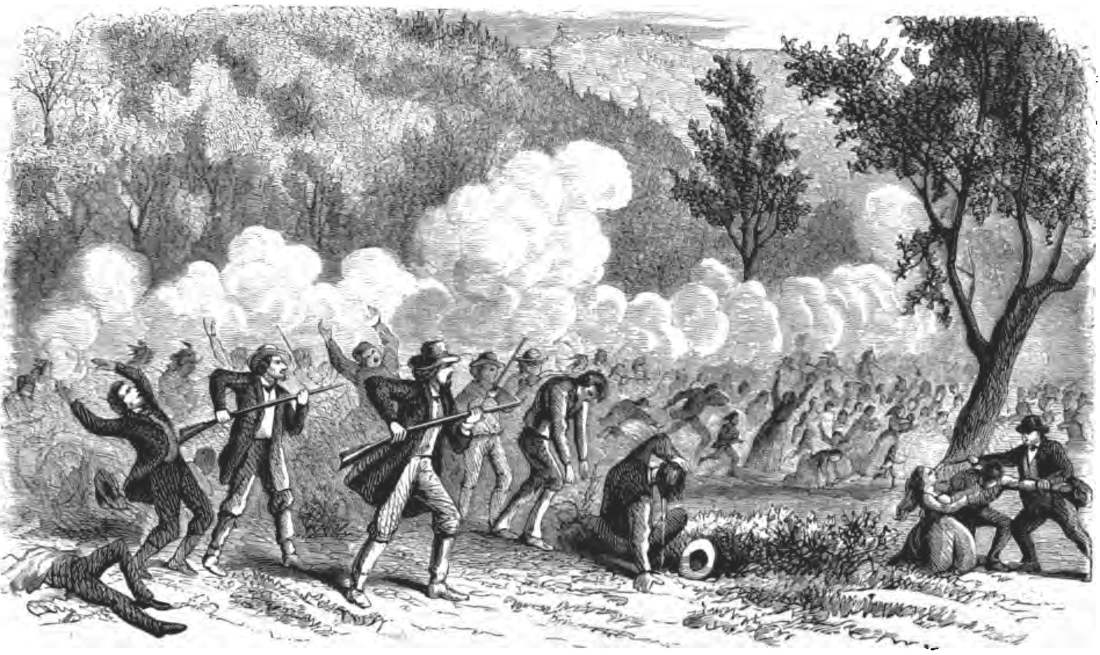|
I quite playing music with Stone Company after a 3 year long run. It's a bit of long story, but the short of it is that life is too short to only play someone else's music...So this last month was the first time in several years I have been bandless: no gigs on the horizon, no rehearsals, no recording schedules, etc. I'm still helping Dan finish his album, but other than that it's really nice to clean the musical slate and just focus on the pile of my own compositions that's been building up over the last several years.
0 Comments
Many people believe when music is tuned down by 8 Hz it has a more relaxing effect on the psyche. 432 Hz, also known as Verdi's 'A', refers to the 'A' above middle 'C' being tuned down from 440 Hz to 432 Hz. Verdi, one of the greatest composers in the operatic genre, was a proponent of 432 Hz because it caused less strain on his singers voices.
Gjøa was the first vessel to transit the Northwest Passage. With a crew of six, Roald Amundsen traversed the passage in a three-year journey starting in 1903. Two of the years were spent anchored in Gjøahavn (Gjoa Harbor). Amundsen called Gjøahavn "The finest little harbor in the world". The expedition made friends with the local Netsililk Inuit, traded items, and learned how live off the land. During their extended layover, the expedition did important research on the magnetic poles, proving the magnetic north pole is constantly shifting its location. When the frozen sea finally melted they continued their journey Westward towards Alaskan waters and finally finished the journey in 1906 as they sailed through the Bering Strait.
The Charles H. Spencer was a stern-wheal steamboat that was briefly used on the Colorado River to transport coal for gold refining operations at Lee's Ferry. The old rusted out boiler is all that remains of the ship since it sunk in shallow water during a flood in 1921.
"Windows of Time" was composed for "Canyon of Motion", a dance film project I produced and directed in collaboration with my sister-in-law and accomplished dancer/choreographer, Alissa Schirtzinger-Baird. We wanted a piece of minimal, ambient music representing immense time and space. The film won the Arches director award at the Utah Dance Film Festival.
Local musician and former state champion fiddle player Russell Wulfenstein played the lead fiddle on this track. We recorded multiple takes, but his first take is the one featured in this mix.
Pahreah (now spelled Paria) is a ghost town where mormon settlers attempted to establish a community in the late 19th century. They got as far as a few hundred settlers and a post office, but their buildings, farms and other infrastructure were continually destroyed by floods many years in a row. The town was gradually left behind by early settlers. The last citizen of Pahreah was a lone prospector who eventually abandoned the site in 1929 leaving the colorful desert valley as empty and desolate as the day the early pioneers arrived.
The Laramide Orogeny was a geologic chapter in the history of Western North America when tectonic forces were creating entire mountain ranges, the age of dinosaurs was coming to a dramatic end with the chicxulub asteroid, and mammals were beginning to thrive and grow to great sizes in all parts of the world.
Apart from being the prelude to the Grand River Anthology, Orogeny of Laramidia is a sonic journey through the Colorado Plateau and its historic inhabitants. This soundscape is an ode to immense time, the persistence of life, and the tumultuous process of geologic creation and destruction.
Lee's Lament was first composed as a score for a short film by Nathan Forbush. The film was entered in Kanab's guerrilla film-making competition, Little Hollywood Shootout and won 1st place in it's category.
I later took the score from the film short and adapted it to the Grand River Anthology project. It became Lee's Lament, a piece about the brutality of a different September 11th attack than the once we're familiar with today. This one happened over 150 years ago: “On September 11, 1857, some 50 to 60 local militiamen in southern Utah, aided by some American indian[s], massacred about 120 emigrants who were traveling by wagon to California. The horrific crime, which spared only 17 children age six and under, occurred in a highland valley called the Mountain Meadows, roughly 35 miles southwest of Cedar City. The victims, most of them from Arkansas, were on their way to California with dreams of a bright future” (Richard E. Turley Jr., “The Mountain Meadows Massacre,” Ensign, Sept. 2007). Click to read more on lds.org.
* The Grand River Anthology is a 4 part musical history of the Colorado Plateau blending symphonic, electronic and bluegrass genres. Ama8a is my Soundcloud username.
Nathan Forbush, a former student, entered Kanab's guerrilla film-making competition, Little Hollywood Shootout. He asked if I would score his film. Nate only had a few days to make his video, and I only had a few hours. Nate won 1st place in his category!
|
Categories
All
Archives
October 2021
|



 RSS Feed
RSS Feed
